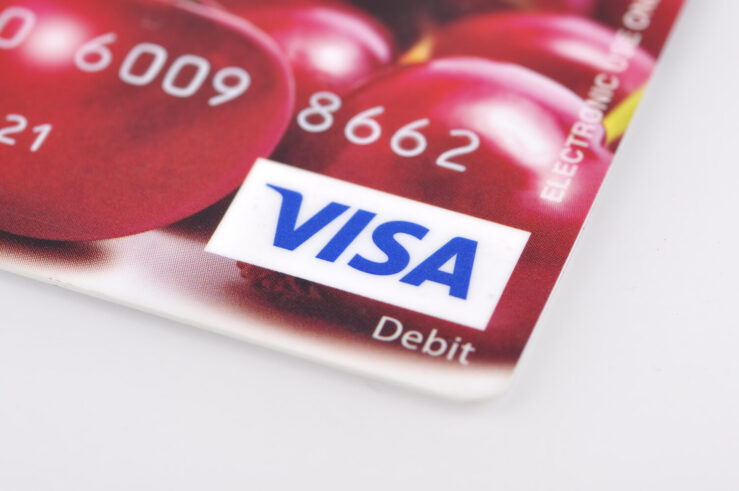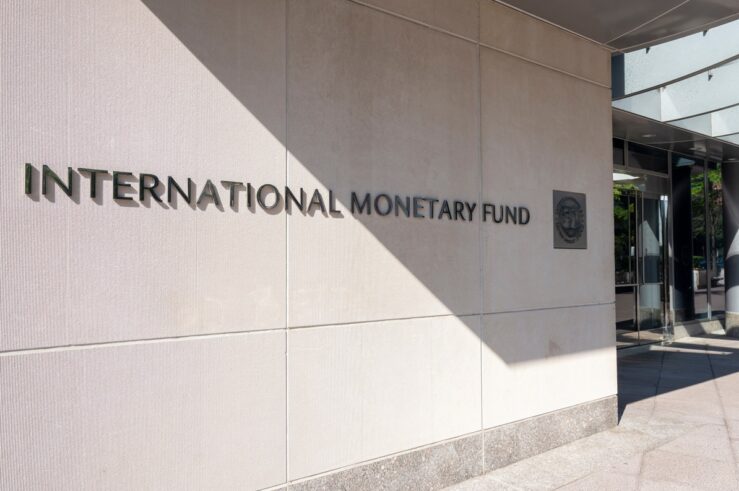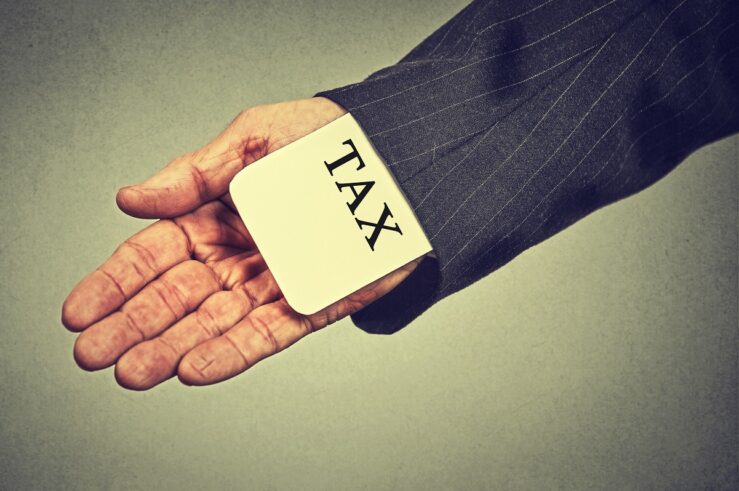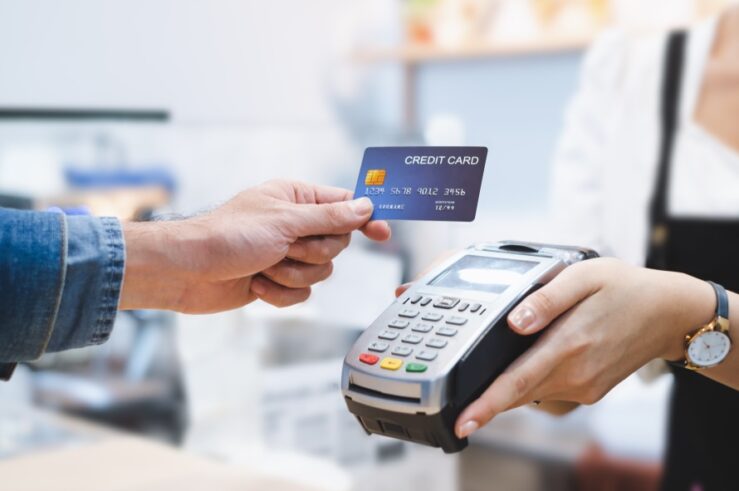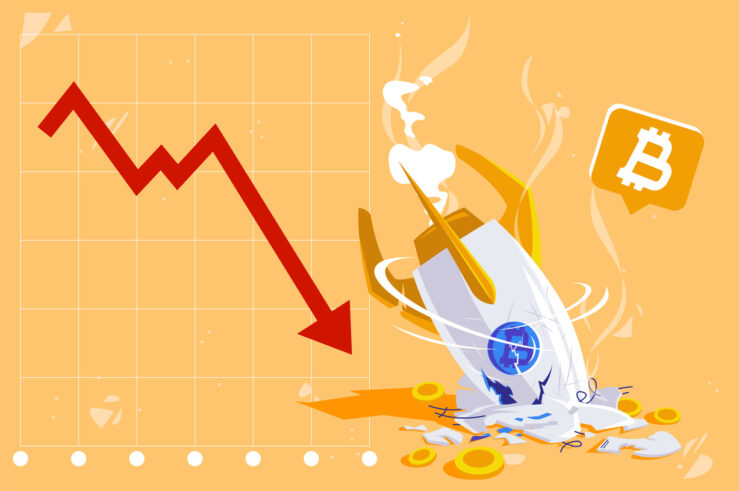Showing archive for: “Payments & Payment Networks”
The Hidden Wealth of Payment Cards: How Innovations in Payments Transform Society
It’s a dreary December morning and, on your way to work, you stop at a coffee shop. There are only three people in line, so you assume you’ll be served quickly. But after a few minutes, you notice the customer at the front of the queue fumbling as they laboriously count out the exact change. ... The Hidden Wealth of Payment Cards: How Innovations in Payments Transform Society
Assessing the Government’s Monopolization Case Against Visa
The U.S. Justice Department (DOJ) has initiated an antitrust monopolization case against Visa for various practices related to its debit-card services. The complaint centers on two primary theories of harm. The first is that Visa offers volume discounts in a manner that locks in merchant banks (or “acquirers”) into Visa’s debit-card network, which deprives rival ... Assessing the Government’s Monopolization Case Against Visa
What the IMF Gets Wrong About Costa Rica’s Payment-Card Caps
The Asamblea Legislativa de la República de Costa Rica (Costa Rica’s legislature) moved in 2020 to empower the Banco Central de Costa Rica (BCCR), the nation’s central bank, to impose price controls on fees charged by both payment-card issuers and acquirers. I have written previously about the perverse effects these price controls can generate (here, ... What the IMF Gets Wrong About Costa Rica’s Payment-Card Caps
Capital Confusion at the New York Times
In a recent guest essay for The New York Times, Aaron Klein of the Brookings Institution claims that the merger between Capital One and Discover would “keep intact the broken and predatory system in which credit card companies profit handsomely by rewarding our richest Americans and advantaging the biggest corporations.” That’s quite an indictment! Fortunately, Klein also ... Capital Confusion at the New York Times
The Law & Economics of the Capital One-Discover Merger
Capital One Financial announced plans late last month to acquire Discover Financial Services in a $35.3 billion deal that would give Capital One its own credit-card payment network, while simultaneously allowing the company to expand its deposit base, credit-card offerings, and rewards programs. Conversely, credit analysts like Matt Schulz of LendingTree note that “if Capital ... The Law & Economics of the Capital One-Discover Merger
The CFPB’s Misleading Slant on Competition in Credit-Card Markets
In yet another example of interagency cheerleading from the Federal Trade Commission (FTC), Chair Lina Khan recently touted the work of the Consumer Financial Protection Bureau (CFPB) on payments networks: New @CFPB research reveals that large banks are offering worse credit card terms & interest rates than small banks and credit unions, regardless of credit ... The CFPB’s Misleading Slant on Competition in Credit-Card Markets
The View from Turkey: A TOTM Q&A with Kerem Cem Sanli
How did you come to be interested in the regulation of digital markets? I am a full-time professor in competition law at Bilgi University in Istanbul. I first became interested in the application of competition law in digital markets when a PhD student of mine, Cihan Dogan, wrote his PhD thesis on the topic in ... The View from Turkey: A TOTM Q&A with Kerem Cem Sanli
The Effect of VAT Withholding Requirements in Latin America
Innovations in payment systems are rapidly transforming the world economy. While Bitcoin, Ethereum, and other decentralized blockchain-based systems tend to garner much of the press (good and bad), centralized peer-to-peer (P2P) payment systems are far more common. (Note that I use the term P2P here in its original sense to mean all peer-to-peer transactions, which ... The Effect of VAT Withholding Requirements in Latin America
The FT Misunderstands the Economics of Credit-Card Markets
In a recent piece for the Financial Times, Brendan Greeley argues that the misnamed Credit Card Competition Act would reduce inflation. In it, Greeley recycles numerous myths about the nature of credit-card markets that have long been rebutted by serious economic research. Both theory and ample evidence from the United States and other countries shows ... The FT Misunderstands the Economics of Credit-Card Markets
The Paradoxical Perils of Mandatory ‘Competition’ in Merchant Routing of Credit-Card Transactions
Sen. Richard Durbin (D-Ill.) earlier this month introduced legislation that aims to manufacture competition in the routing of credit-card transactions. If enacted, the measure would require that merchants be able to choose from at least two networks when processing most credit-card transactions. While this would result in competition over routing, it would harm other forms ... The Paradoxical Perils of Mandatory ‘Competition’ in Merchant Routing of Credit-Card Transactions
What Do Twitter’s Struggles with CSAM Mean for Section 230 Reform?
Twitter has seen a lot of ups and downs since Elon Musk closed on his acquisition of the company in late October and almost immediately set about his initiatives to “reform” the platform’s operations. One of the stories that has gotten somewhat lost in the ensuing chaos is that, in the short time under Musk, ... What Do Twitter’s Struggles with CSAM Mean for Section 230 Reform?
After the FTX Crash, What’s Next for Crypto?
For many observers, the collapse of the crypto exchange FTX understandably raises questions about the future of the crypto economy, or even of public blockchains as a technology. The topic is high on the agenda of the U.S. Congress this week, with the House Financial Services Committee set for a Dec. 13 hearing with FTX ... After the FTX Crash, What’s Next for Crypto?

